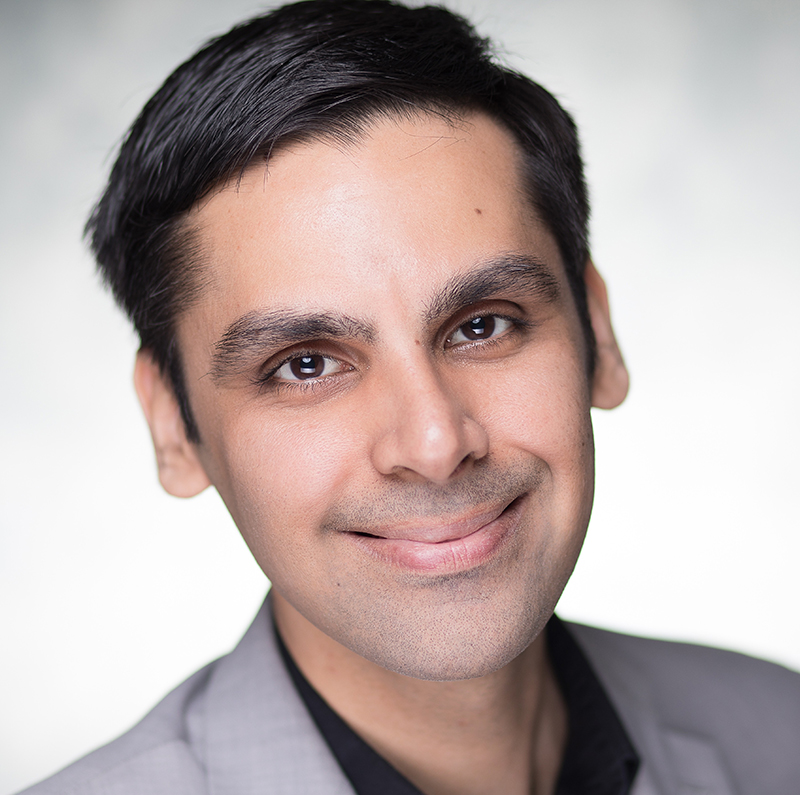SCS Alum Uses Technology, Mentorship To Improve the World
Amanda HartleWednesday, March 17, 2021Print this page.

In his 2009 graduate school application for Carnegie Mellon University, Anirudh Koul described three systems he had already developed to answer questions a user might pose. More than a decade later, the CMU alum continues to ask questions and search for answers.
"My 'night job' is basically thinking about bold, unsolved problems and figuring out how we can achieve them," said Koul, who earned a master's degree in computational data science in 2012 from CMU's Language Technologies Institute in the School of Computer Science.
Koul was integral to adding a hands-free dictation feature in Microsoft Office — motivated by people with motor impairments — as well as an early video call feature that made reading lips easier for those with hearing loss. That development eventually led to the background blur on Microsoft Teams to provide privacy for users, Koul said.
Next, he founded the Seeing AI app, inspired by his grandfather's failing vision. The talking app is now the most used assistive technology for the blind community after the iPhone. He went on to Aira, where he leaned on computer vision, AI and augmented reality to further assist the blind and low-vision communities.
"I believe the world is full of gaps, and technology is a great equalizer. It helps level the playing field for everyone by filling one gap at a time," Koul said. "After seeing the value of projects like Seeing AI, I was looking to explore how AI could be used in other areas for social good."
Read more about Koul, including his work with CMU's Roborace team, on the university's Alumni in the News site.
Aaron Aupperlee | 412-268-9068 | aaupperlee@cmu.edu
